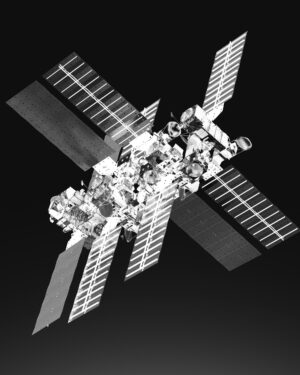The mobile space feels like the Wild Wild West, with insane company valuations and constant shakeup of the market.
To that point, Google just announced that it is purchasing Motorola Mobility, makers of touch phones like the ATRIX, for a shocking US$12.5 billion.
This is a significant move, signalling that Google is moving away from being just a provider of a mobile operating system to one that also manufactures physical devices. Google probably choose Motorola over other Android handset makers such as Samsung and HTC because Motorola Mobility bet on Android as its sole operating system.
This move is widely spun as a bid to defend Android against so-called patent trolls, companies who “band together in anti-competitive patent attacks on Android”, according to Google’s official blog.
Google also managed to get top-level executives from competing handset makers to support the acquisition in sound bites that they rounded-up.
Although while it’s no question that companies are jealous of Android’s success, I can’t help but wonder why Google went ahead and built an entire operating system with other people’s patents in the first place, thus inviting threats.
In any case, this acquisition puts Google in direct competition with the likes of Apple and Research in Motion (RIM), and we fully expect escalating tension between Mountain View and Cupertino in the upcoming months.
But does this mean tighter control over Android? Google co-founder and CEO Larry Page is quick to affirm that “Android will remain open”. But with Google presiding over its quality, there is no doubt that future Motorola phones will be the ones to watch.
So although hardware manufacturers like Samsung and HTC express their support openly, Google needs to step carefully if it doesn’t want to alienate them. They might need to start looking for alternatives to Android, just in case Google decides to burn all its bridges.
This is a momentous occasion that perhaps signals the end of an era where Android is a free-for-all game. Google has decided to stop treating Android as an open source project, and will take charge of hardware development as well. After all, to compete with such a high quality device like the iPhone, one must emulate its production process from start to finish.
Perhaps Microsoft should pay heed to this before Windows 8 is released.






My 2 cents.
Microsoft already has Nokia as an ally in their fight. Do they really need to buy them over to “control” the hardware? I’m not sure how much help that would be.
As for the other Android phone makers like Samsung and HTC, Google is still less evil than Apple, who has been actively patent trolling HTC in the US. So while they will keep an open eye, Apple is probably still big baddie number one.
Yo. I was referring to Windows 8, not WP7. But with minimum hardware requirements, that should do ok. Patent trolling is bad, that’s for sure. But the intellectual property system was already in place, I’m just wondering why Google wasn’t smart enough to sort of these issue before they built Android. Now they’re scrambling to protect Android because it’s successful. I really think buying Motorola is a knee jerk reaction, we’ll have to see how it works out.
I also think Motorola looks to be ideal for the buy over as it was that they were in financial trouble while HTC and Samsung are doing comparatively well? I do hope this increases the standard of the phones, as I have been hopping from the milestone to nexus one and now to the htc sensation.